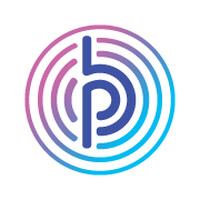Instacart
Blue Shield of California Building, San Francisco, CA, 94105, US
Last Update: 2025-11-26
Instacart, the leading grocery technology company in North America, works with grocers and retailers to transform how people shop. The company partners with more than 1,500 national, regional, and local retail banners to facilitate online shopping, delivery and pickup services from more than 85,000 stores across North America on the Instacart Marketplace. Instacart makes it possible for millions of people to get the groceries they need from the retailers they love, and for approximately 600,000 Instacart shoppers to earn by picking, packing and delivering orders on their own flexible schedule. The Instacart Platform offers retailers a suite of enterprise-grade technology products and services to power their e-commerce experiences, fulfill orders, digitize brick-and-mortar stores, provide advertising services, and glean insights. With Instacart Ads, thousands of CPG brands – from category leaders to emerging brands – partner with the company to connect directly with consumers online, right at the point of purchase. With Instacart Health, the company is providing tools to increase nutrition security, make healthy choices easier for consumers, and expand the role that food can play in improving health outcomes. For more information, visit www.instacart.com/company.
NAICS: 5112
NAICS Definition: Software Publishers
Employees: 21,886
Subsidiaries: 1







